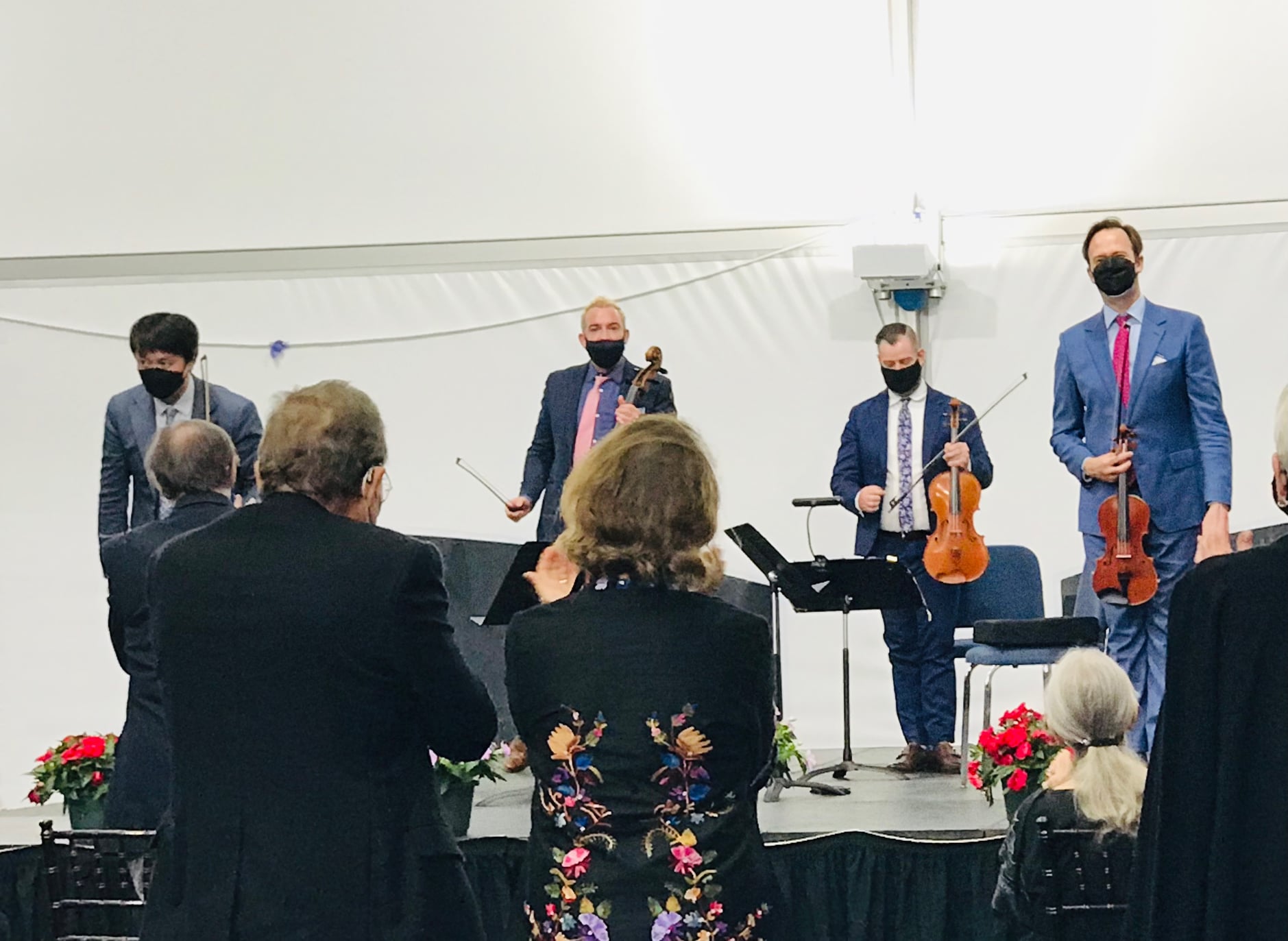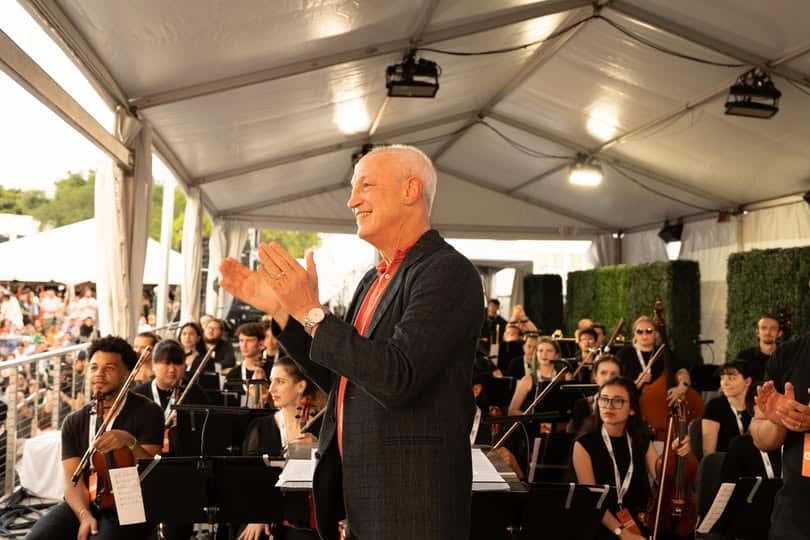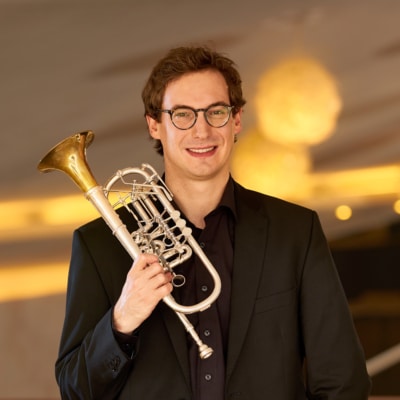I’ve played 1,600 string quartets. Only 1 in 3 promoters asked us back
mainFrom a viral new post by Will Fedkenheuer of the Miro Quartet:
In over 20 years, I’ve played over 1600 professional string quartet concerts for over 425 organizations in my career to date
Of those, only 30% had me back for a second time
Wait for it…
Only 9% of those had me back more than 5 times (~ 40 organizations)
AND. If I look really closely
There are twenty organizations that have made my career, my life, what it is
A full life.
20 years, 20 organizations
9%
And then I look at what music education is prepping us for.What stories is it telling us
or NOT telling us
What fantasies is it selling
and
WHAT are the REALITIES?
How antiquated IS our music education?
We’re stuck in old patterns of soloist, orchestra, chamber musician, teacher AND we’re still educating the way it was fundamentally setup between 1960-1980.
1960-1980. Either date you pick, that’s 40 years ago.
I’m turning 45 in 3 days. So. This was the education that was happening when I was BORN.
And
EVEN THEN the education wasn’t completely relevant to what musicians went out and did to thrive.
Here’s a secret not-so-secret….
Read on here,






Comments